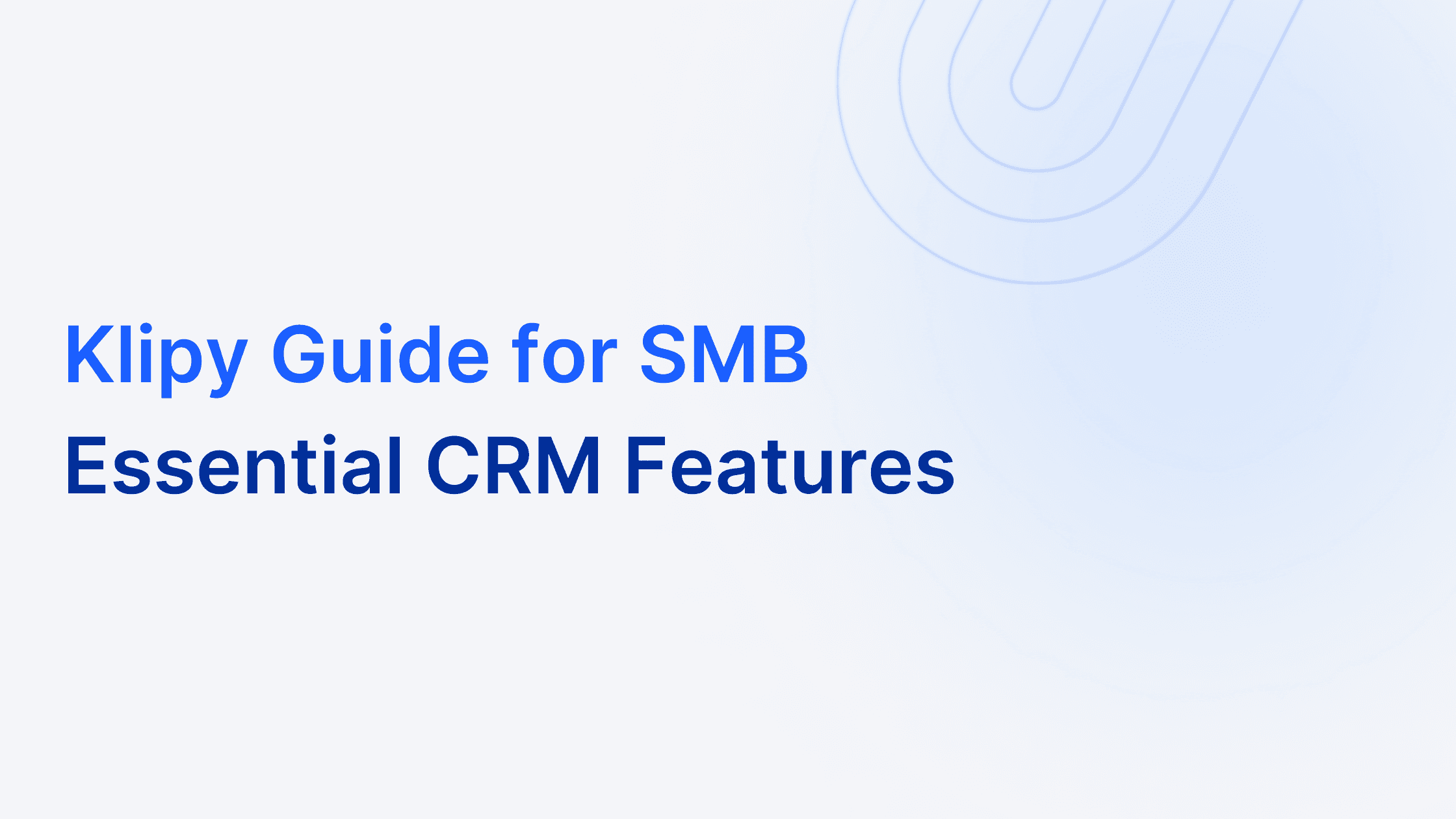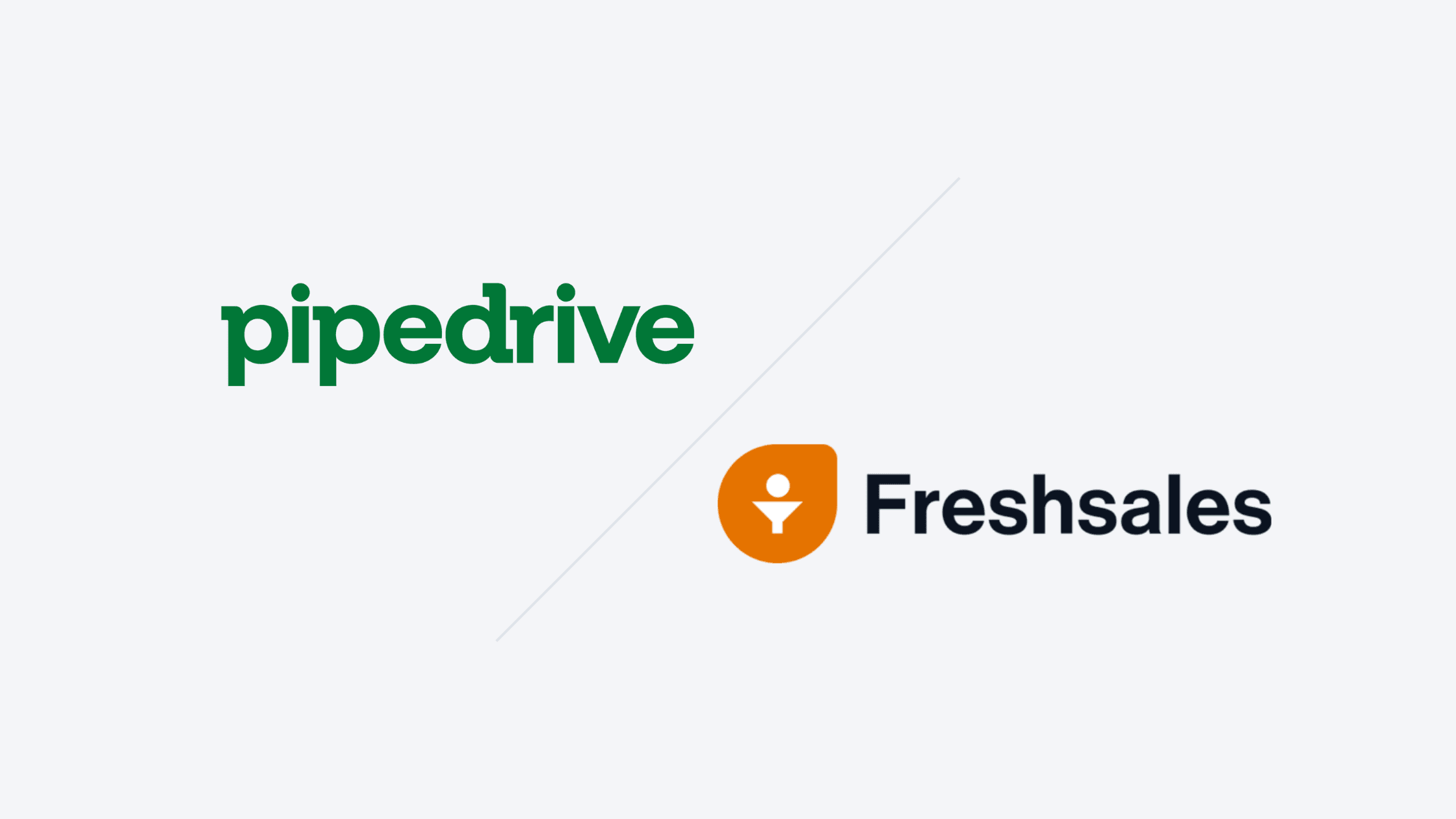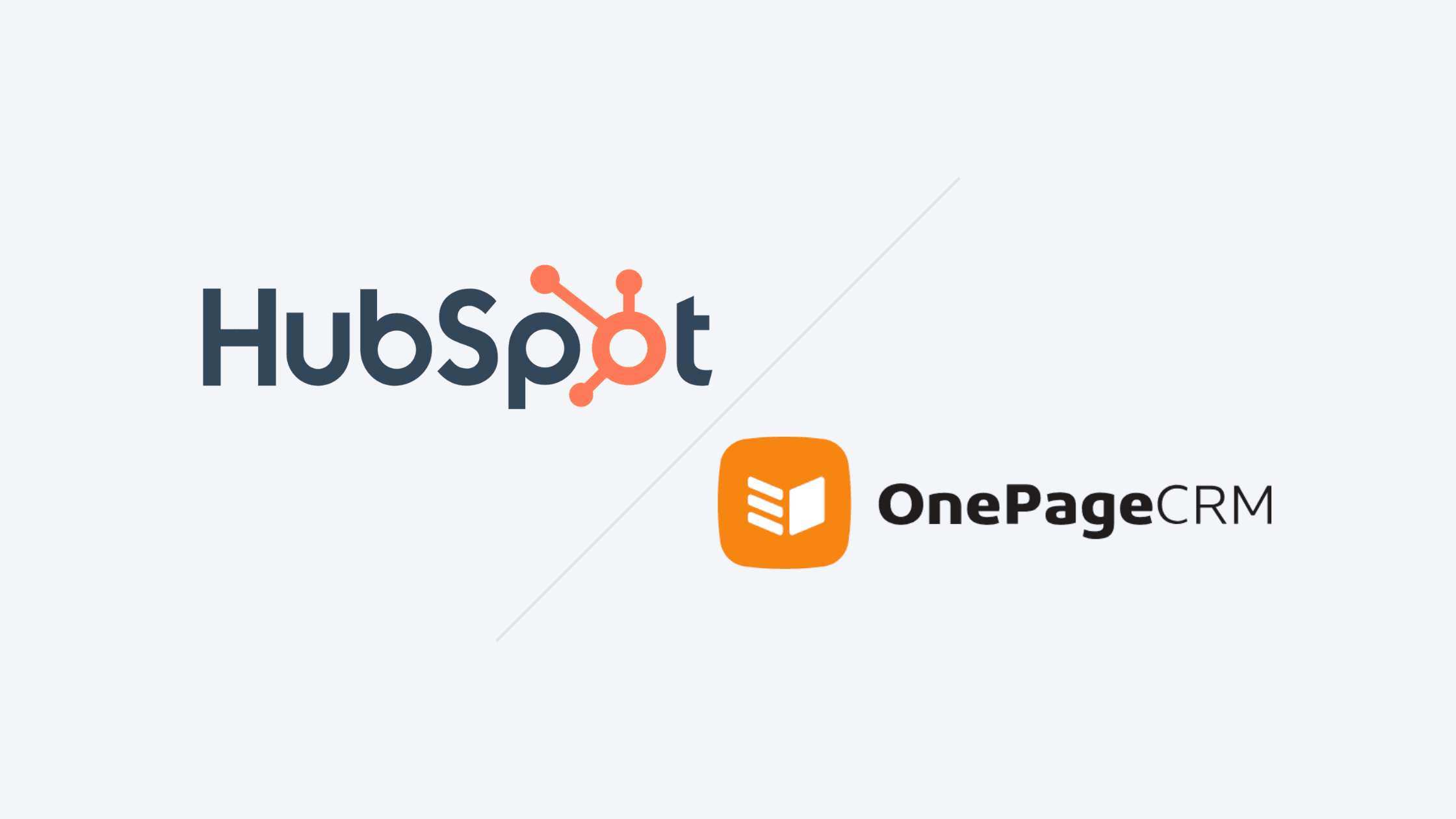Small Business
Comprehensive Guide to Essential CRM Features for SMEs
Explore the essential CRM features SMEs need to streamline operations and boost growth. Find the right tools for your business success.
Why SMEs Need CRM Features
Small and medium enterprises (SMEs) juggle many tasks, from customer data management to streamlining operations. CRM systems help organize scattered information and fix inefficient communication.
Customer relationships drive business success. CRMs enhance these connections through automation and centralized data management, boosting organization.
Key Benefits:
Organization: Centralize customer data for easy access and management.
Efficiency: Automate routine tasks to focus on strategic work.
Growth Potential: Scale features to support business expansion.
CRMs help SMEs tackle common challenges and boost daily operations. They offer a structured approach to customer management, leading to better efficiency and growth. Let's explore essential CRM features for SMEs.
Core Features SMEs Need in a CRM
Enhancing Customer Relationships
CRMs are vital for nurturing customer relationships. They provide insights into buying habits and enable personalized communication, creating a tailored experience for each customer.
CRMs excel at tracking customer journeys. They map out interactions, helping businesses deliver targeted experiences. This helps anticipate customer needs effectively.
Automation streamlines outreach and maintains consistency. It reduces time spent on repetitive tasks, letting you focus on important work while automating routine activities.
Centralized customer data means easy access and better service delivery, with all information at your fingertips. For more on how CRM systems can enhance customer service efficiency, explore our article on streamlining processes and automating tasks.
Benefits Include:
Insightful Analytics: Understand customer behavior to tailor interactions.
Journey Tracking: Follow and enhance the customer experience at every step.
Automated Outreach: Keep communication consistent and efficient.
Centralized Data: Access all customer info easily for better service.
These features significantly improve customer management, giving small businesses the tools they need to thrive. To delve deeper into the transformative impact of CRM technology, our article on CRM relationship management provides valuable insights.
Organizing Customer Data Efficiently
CRMs are like a super-organized friend who's always got your back. They centralize customer data, turning chaos into a tidy library of information. No more hunting through emails or sticky notes to find that crucial phone number. Everything is in one place, ready when you are.
Centralized storage allows small businesses to access customer profiles and interaction histories with ease. It’s like having a personal assistant who remembers everything about everyone. This setup enhances customer service by ensuring you have all the details at your fingertips.
Key Features:
Centralized Storage: Keep all customer data in a single, easily accessible location.
Profile Retrieval: Quickly find customer profiles and histories without breaking a sweat.
Interaction History: Track all interactions to provide personalized service.
Maintaining a robust customer database is crucial. CRMs simplify this process by ensuring data is organized and up to date. It’s about making your business as efficient as a Swiss watch, without the need for a degree in engineering.
CRMs like Klipy take it a step further with features like instant email integration and automatic updates. This ensures your records are always current, freeing you from the mundane task of manual data entry. For those interested in exploring essential CRM features further, our Small Business CRM Checklist (2024 Edition) provides a comprehensive evaluation process. It's about working smarter, not harder.
Improving Sales and Marketing Processes
CRMs are like your secret weapon for sales and marketing. They automate sales workflows, making life a breeze. No more drowning in spreadsheets or sticky notes. Just smooth sailing through your sales pipeline.
Lead nurturing becomes a walk in the park. CRMs track marketing leads and keep them warm, guiding them gently through the sales funnel. This means more conversions and less hassle.
Sales pipelines are streamlined with ease. CRMs make sure every deal is tracked, every opportunity is seized. You can focus on closing deals, not chasing them.
Key Benefits:
Workflow Automation: Save time by automating repetitive tasks.
Lead Nurturing: Keep leads engaged and moving through the funnel.
Pipeline Management: Track deals and opportunities effortlessly.
Integration with marketing tools enhances campaign effectiveness. CRMs ensure your sales and marketing teams are speaking the same language. This alignment boosts strategy and efficiency, making every campaign a winner.
CRMs like Klipy offer insights that keep your teams connected. With features like instant email integration and auto CRM updates, you can trust that your data is always up to date. It's all about working smarter, not harder. For more on how CRM features can benefit startups, explore our article on essential CRM functionalities for startup founders.
Choosing the Right CRM for Your Business
Choosing the right CRM for your business is like finding the perfect pair of shoes—comfort, style, and functionality matter. Start with ease of setup. You don't want a CRM that requires an IT degree to install. Look for systems that get you up and running quickly, like our very own Klipy.
Affordability is crucial. You shouldn't have to sell a kidney to afford a CRM. Explore options that offer value without draining your finances. For insights on budget-friendly CRM options, check out our guide on the best free CRM software for startups in 2024.
Integration capabilities are a must. A CRM should play nicely with the tools you already use. This ensures a smooth workflow and prevents unnecessary headaches.
Customization options allow you to tailor the CRM to your specific needs. Whether you're a florist or a mechanic, the CRM should adapt to your business, not the other way around.
Collaboration features enhance team communication. Look for CRMs that support real-time collaboration to keep everyone on the same page.
Consider these CRM options:
Freshsales: Known for its intuitive interface and affordable plans.
Salesforce: Offers robust customization and integration capabilities.
Klipy: Provides instant email integration and AI-driven insights.
Test free trials before committing. This helps you assess compatibility with existing tools and ensure the CRM aligns with your business goals. For more on evaluating CRM platforms, read our article on CRM review and comparison for small business owners.
Timing Your CRM Implementation
Implementing a CRM system is like adding a turbo boost to your business engine. Timing is key. Start early, and watch your competitiveness soar. Early adoption helps manage growth and tackles challenges head-on.
Begin with simple tools. Spreadsheet CRMs are a great starting point. They ease you into the CRM world without overwhelming complexity. As your business expands, you can scale up to more advanced systems.
Adopting a CRM early offers several advantages:
Streamlined Growth: Manage increasing customer data efficiently.
Improved Organization: Centralize information, reducing chaos.
Proactive Problem-Solving: Address issues before they become big headaches.
An early CRM setup like Klipy can transform how you handle customer interactions. Features like instant email integration and automated updates keep everything running smoothly. You focus on growth, not admin tasks.
For those unsure if a CRM is necessary, recognizing the signs your small business needs a CRM can guide your decision. This approach ensures you stay organized, efficient, and ready for future challenges.
Start small, think big. Implementing a CRM sooner rather than later sets the stage for success. It's about staying organized, efficient, and ready for future challenges.
Industries That Benefit Most From CRM
E-commerce, logistics, and healthcare are just a few of the industries that thrive with CRM systems. Why? Because they help keep customer experience as smooth as a fresh jar of peanut butter.
E-commerce: CRMs give online retailers the power to automate customer interactions and manage data like a pro. They track buying habits and preferences, allowing businesses to offer personalized experiences.
Logistics: Managing shipments and customer queries can feel like herding cats. CRMs streamline communication and organize data, ensuring everything runs like clockwork.
Healthcare: Patient records and appointment scheduling need organization. CRMs centralize data, improving patient care and making sure nothing falls through the cracks.
These systems are as adaptable as a chameleon at a paint store. Whether you’re in real estate or education, CRMs can be tailored to fit specific needs, offering customized solutions that boost efficiency.
Industries that rely on customer experience and data management benefit the most. Manufacturing, retail, and specialized sectors can also harness CRM capabilities. It's all about enhancing service delivery and optimizing operations with ease.
CRMs like Klipy offer industry-specific features, ensuring that whatever your field, you’ve got the right tools to succeed. For small businesses looking to streamline operations, exploring a comprehensive guide to small business CRM can provide valuable insights into choosing the right system.
Signs Your Business Needs a CRM
Recognizing when your business needs a CRM is like spotting a plot twist in a movie—unexpected but crucial. Here’s how to know when it’s time to bring in the big guns:
Lead Management Woes: Struggling to keep track of potential customers? If managing leads feels like herding cats, a CRM can help you organize and prioritize effortlessly. For more on why small businesses often find themselves needing a CRM, explore these common reasons for CRM adoption.
Scattered Customer Data: Is your customer information spread across emails, sticky notes, and that one notebook you can never find? A CRM centralizes everything, making it accessible and manageable.
Team Misalignment: Are your team members working like they’re in different time zones? Poor communication and lack of shared information can stunt progress. A CRM aligns everyone, fostering seamless collaboration.
These challenges can throw a wrench in your growth and efficiency. A CRM transforms chaos into order, streamlining processes and enhancing productivity. It automates routine tasks, enabling your team to focus on strategic goals.
Using a CRM also improves customer interactions and provides insights into buying habits. This leads to personalized experiences and, ultimately, happier customers. Investing in a CRM is like adding a trusty sidekick to your business, ready to tackle inefficiencies and support growth. For a deeper understanding of how CRM systems enhance business operations, read this comprehensive guide on CRM.
Wrapping Up the CRM Journey
Implementing the right CRM system is crucial for businesses. It streamlines operations, enhances customer relationships, and supports growth, while keeping things efficient and organized. Small businesses with numerous responsibilities find it particularly beneficial.
A CRM centralizes customer data, making it easily accessible. It automates routine tasks, freeing up time for strategic planning. Features like contact management, email integration, and workflow automation help businesses stay competitive.
When choosing a CRM, align it with your specific business needs. Consider factors such as setup simplicity, cost-effectiveness, and compatibility with existing tools. Your CRM should adapt as your business expands, supporting you through growth phases.
We provide AI-driven insights, seamless email integration, and quick setup. Our features help small businesses increase productivity and maintain customer satisfaction. By investing in a CRM, small businesses can transform chaos into order and focus on what truly matters—growing their business.
A well-chosen CRM system significantly improves business operations. It empowers small businesses to manage customer relationships effectively, streamline processes, and achieve sustainable growth. Implement a CRM system and experience how it enhances your business.
More from the blog







